![]() 15 Jul 2024
15 Jul 2024
In the earlier articles, we explored important changes in the medieval and early modern world, such as feudalism, the European Renaissance, and the interactions between Europeans and people from Asia, Africa, and the Americas.
Two further developments in world history created a context for what has been called ‘modernisation’. These were the Industrial revolution and a series of political revolutions that transformed subjects into citizens, beginning with the American Revolution (1776-81) and the French Revolution (1789-94).
The Industrial Revolution |
|
Political Revolutions |
|
However, nationalism took root not only in colonial contexts but also in the Western world and Japan. Further, nationalism comes in different forms with distinct nature which can be analyzed in detail.


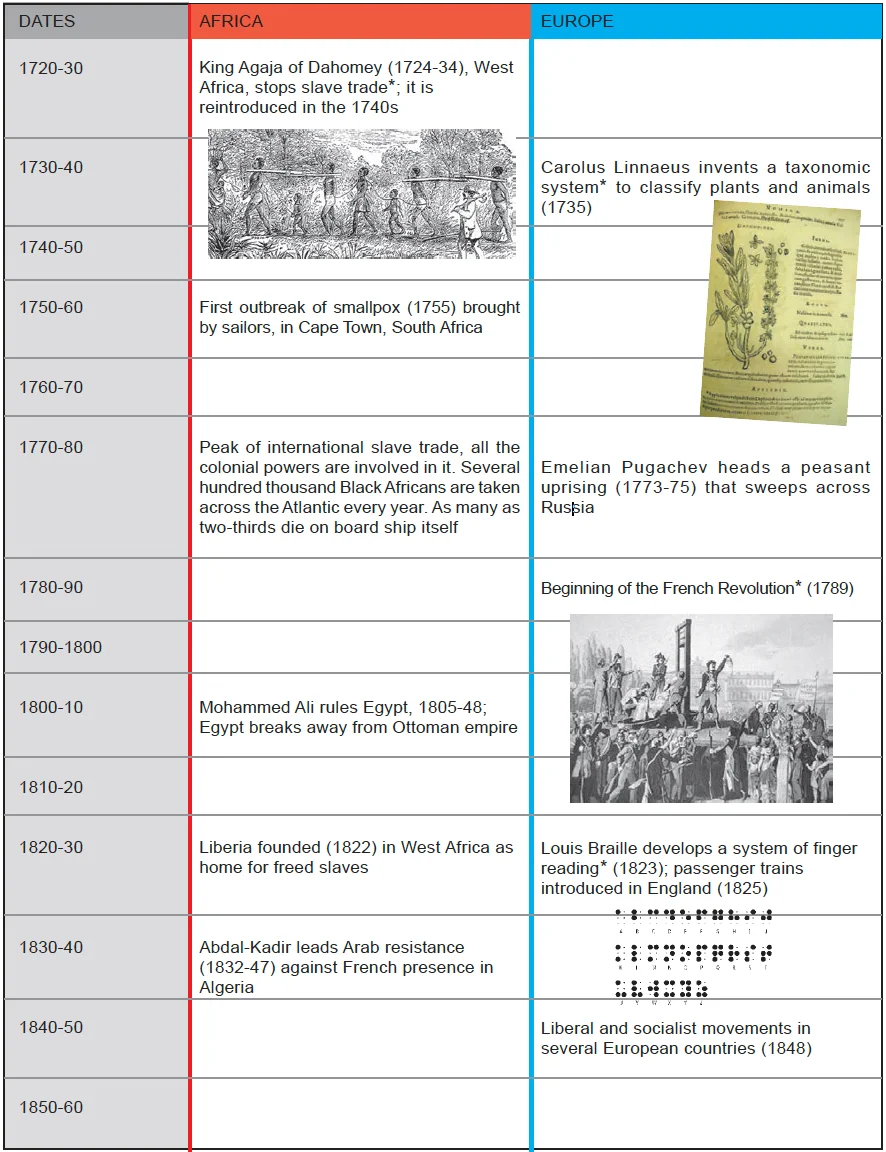
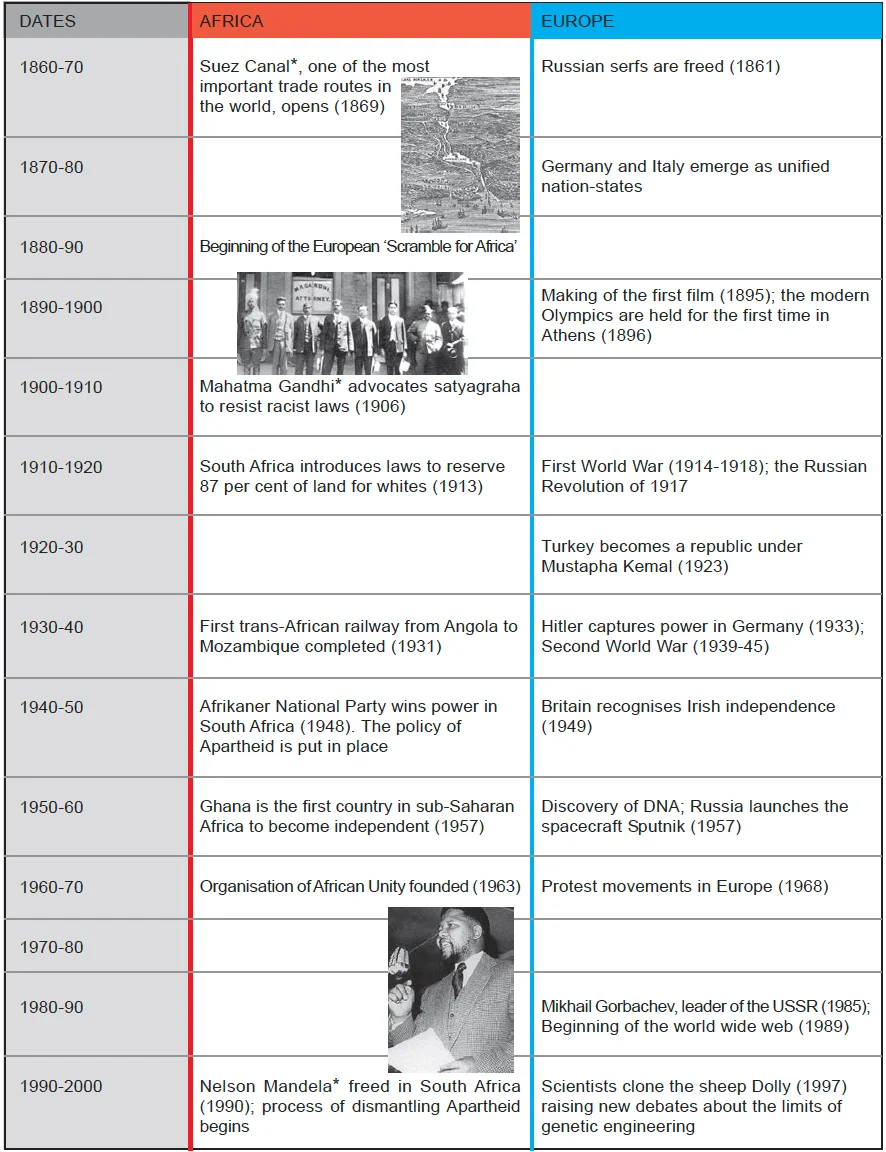
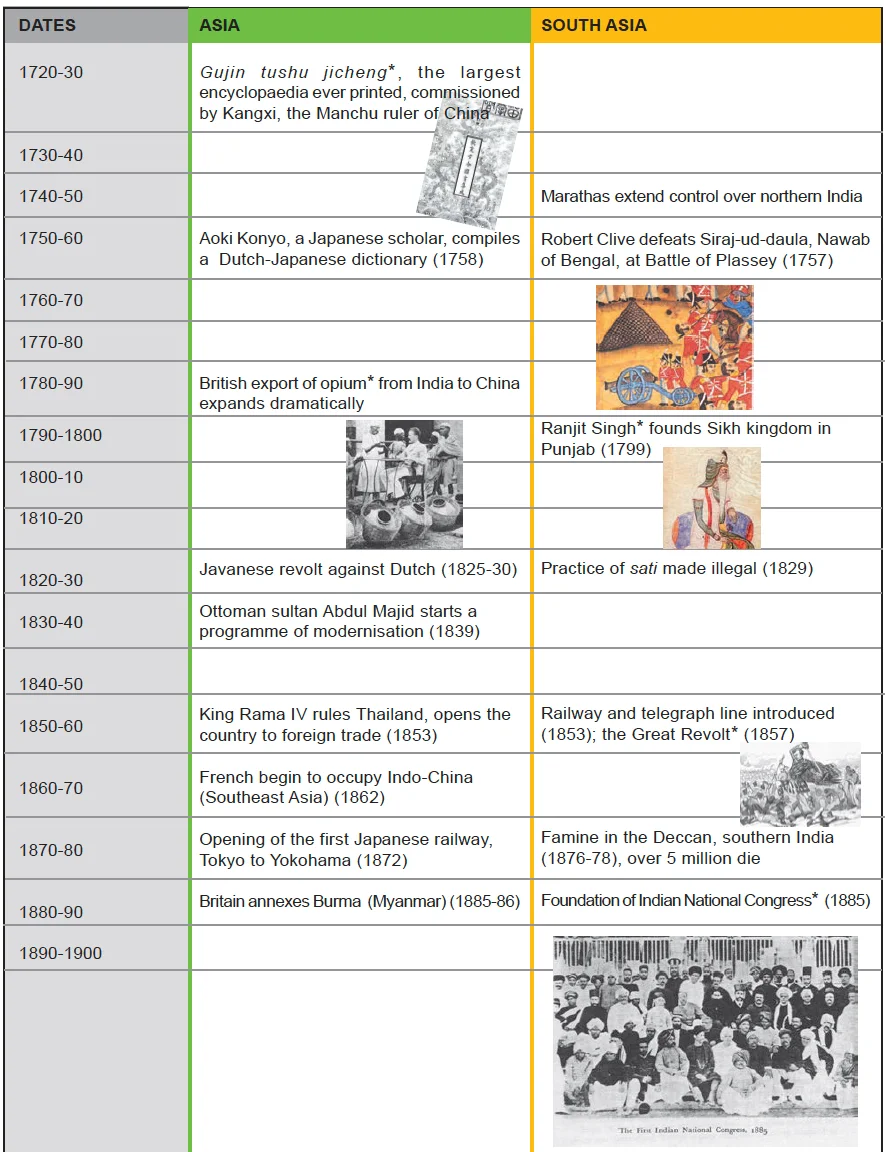
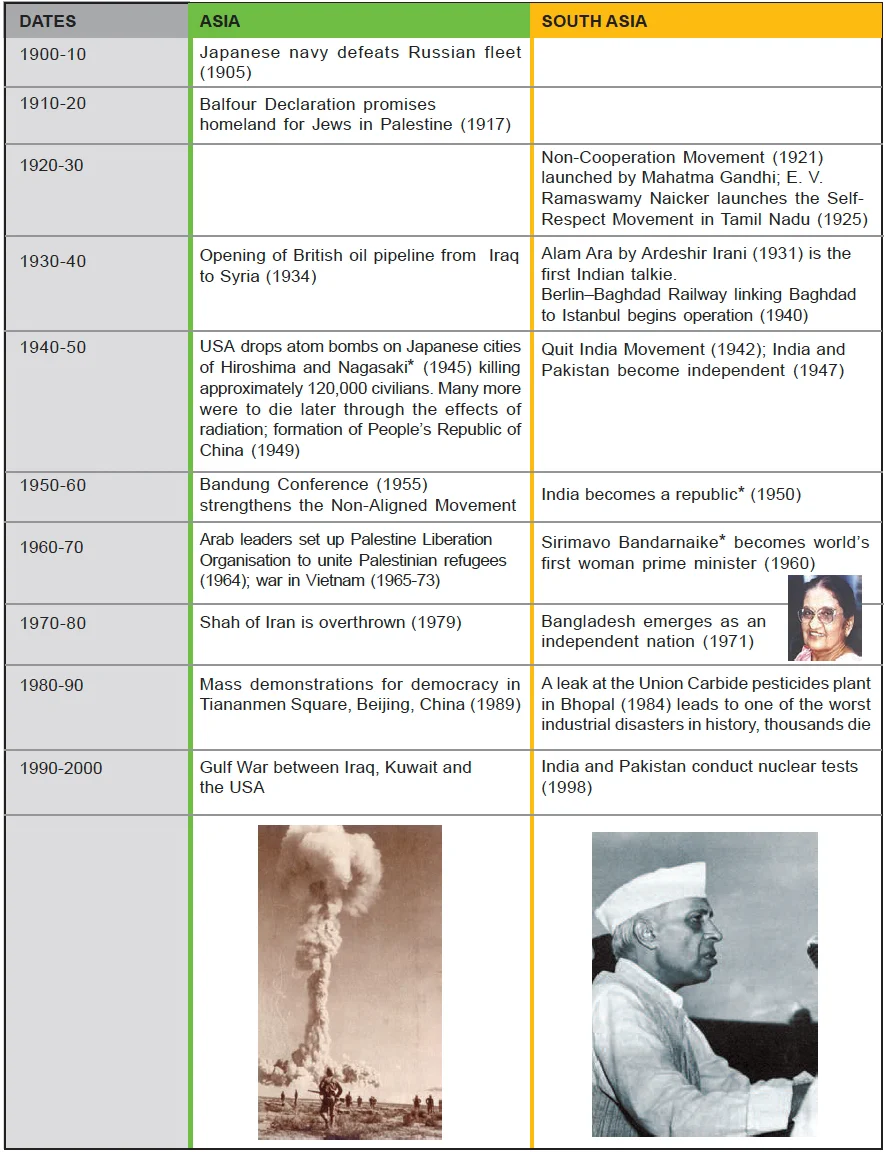
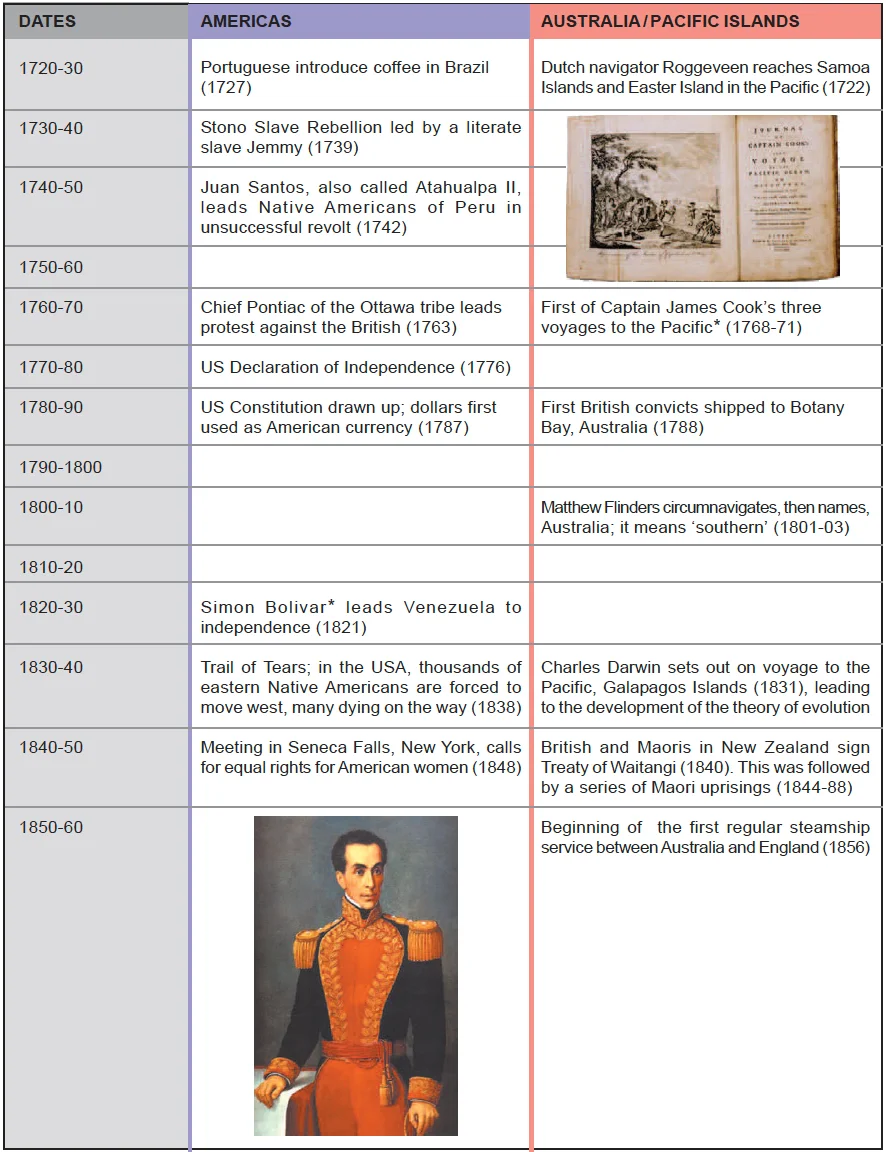
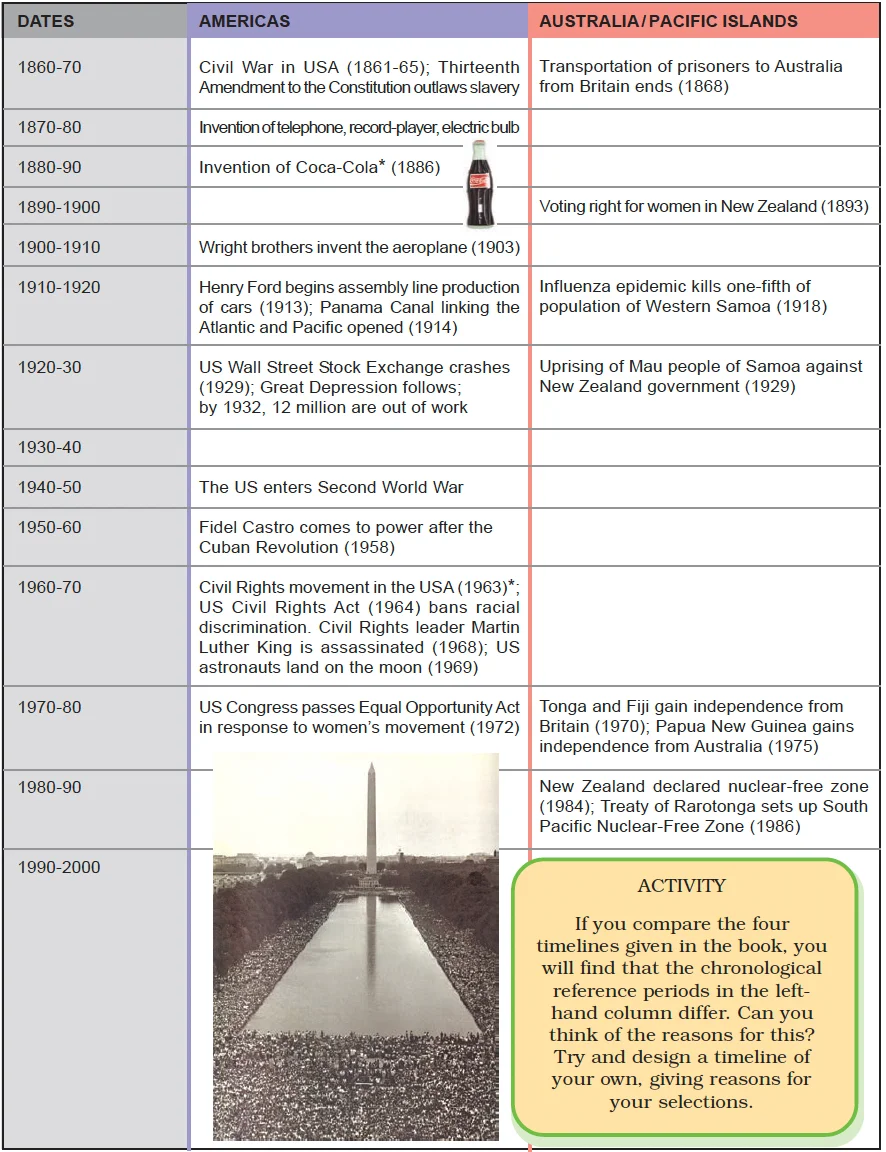
| Must Read | |
| Current Affairs | Editorial Analysis |
| Upsc Notes | Upsc Blogs |
| NCERT Notes | Free Main Answer Writing |
The era of modernization marked profound shifts in global dynamics through the Industrial Revolution and political upheavals. These changes fostered the rise of nationalism, shaped diverse forms of capitalism, and influenced the creation of modern nation-states, reflecting a transformative period from the 18th to the 20th century.
| Related Articles | |
| MEDIEVAL HISTORY | CITIZENSHIP |
| REVOLUTION OF EARTH | Industrialization in India |
<div class="new-fform">
</div>